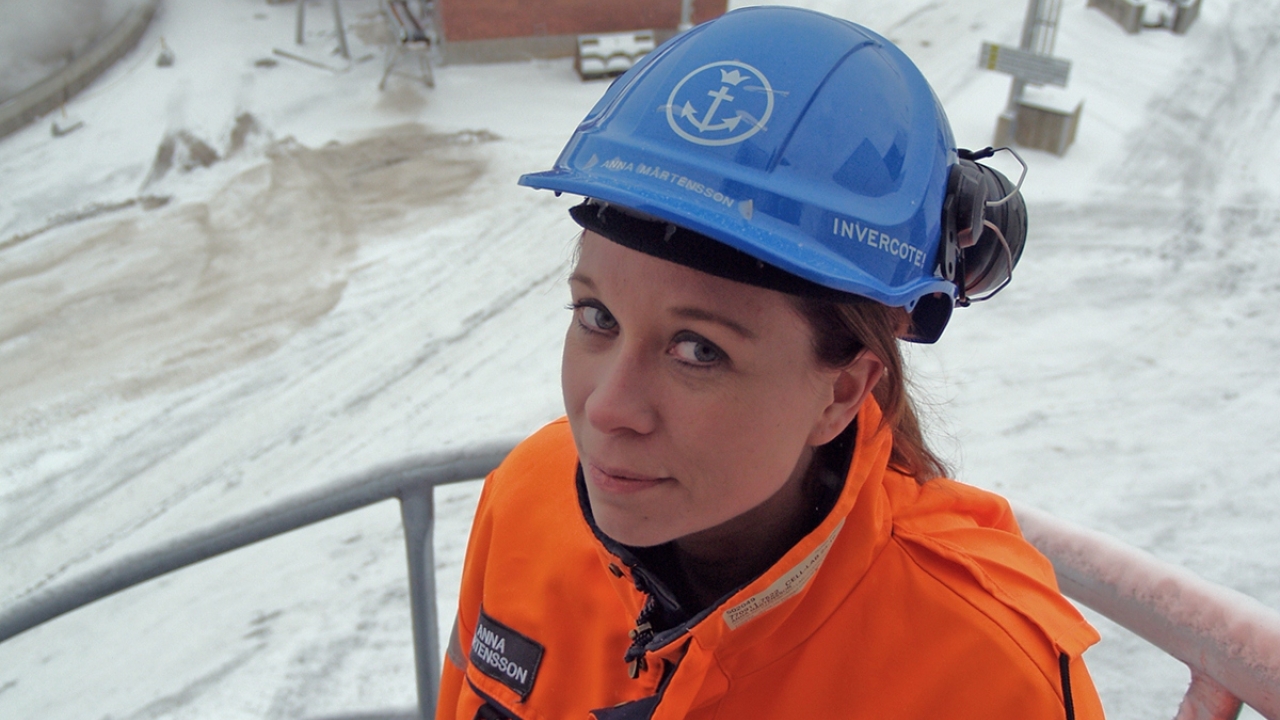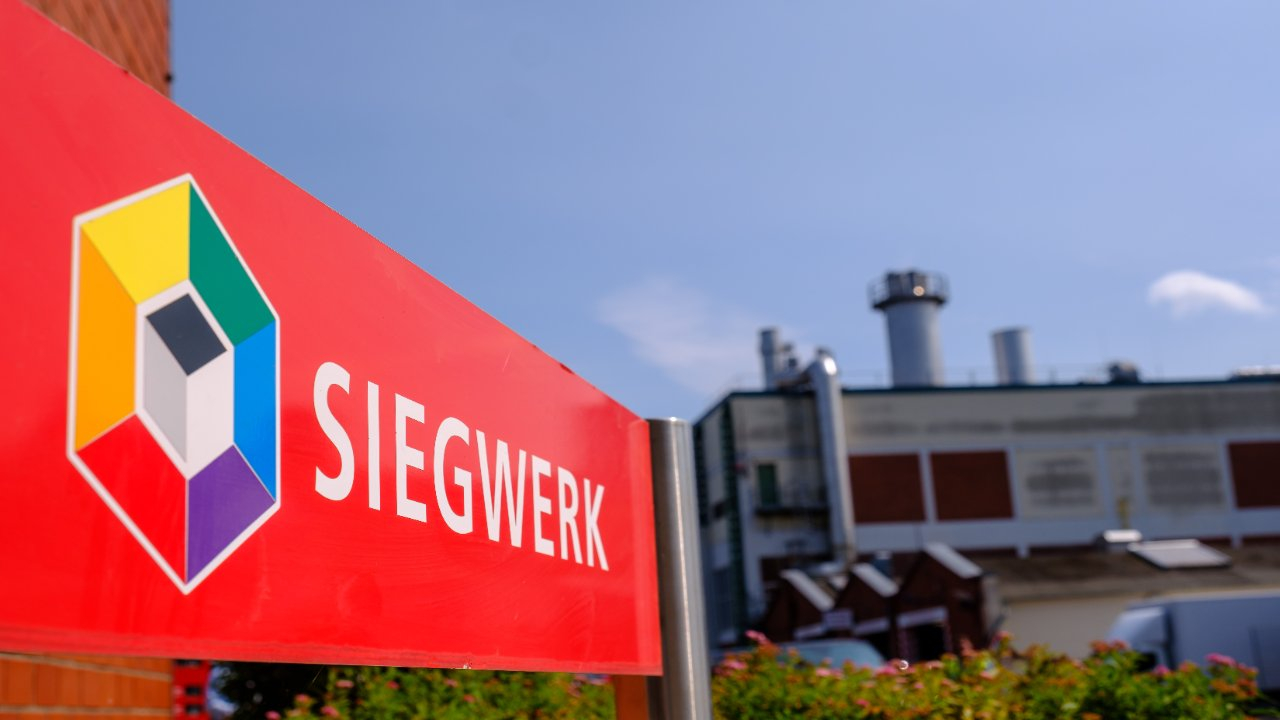Iggesund claims record environmental achievements with Invercote

- As Invercote production reaches record levels, so investments in environmentally-friendly processes reveal effect
- Strategic investment approach to continue, with no investment decision made without consideration of environmental aspects
Iggesund Paperboard said production of Invercote at its mill in the Swedish locality of the same name during 2012 surpassed all previous environmental achievements.
Despite record-high manufacturing levels, emissions of environmentally harmful substances were lower than ever before, Iggesund said.
Over the past two years, Iggesund Paperboard has invested more than €340 million in switching to production based on renewable energy. At Iggesund Mill alone the company has invested more than €100,000 a day for the past decade, always with a focus on the environmental consequences of its investments.
Iggesund highlighted a number of steps taken to reduce its emissions, including: the separation of leftover fibres that had passed through the pulping process with the aid of mechanical purification in sedimentation basins; the construction of an aerated lagoon, where microorganisms clean the wastewater to a higher standard; and the addition of chemical purification, in which the wastewater is treated in the same way that drinking water is treated.
Anna Mårtensson (pictured, top), environmental manager at the Iggesund mill, said: ‘In a paper industry, the environmentally harmful emissions, above all to water, are usually proportional to production, that is, the more you make, the more you emit.
‘But 2012 was a very positive exception for us. Even though our production was the most it’s ever been, our emissions were the lowest ever – or at least, as far back as we have reliable measurement data.
‘Now we can clearly see the effects of the third stage. The oxygen-consuming substances have been greatly reduced and nutrients like phosphorus and nitrogen, which are so harmful to the marine ecosystem in the Baltic Sea, have been almost halved.’
Iggesund will continue to adopt a strategic approach to minimizing its operations’ effect on the environment.
‘Not one investment decision is made without first considering the environmental aspects,’ Mårtensson said.
‘That is the constant question we ask every time we discuss how to develop our production. Things don’t always move as fast as our critics would like but systematic work on these issues is what gives results over time.’
Read more on Iggesund here
Read more about substrates here
Read more about environmental issues here
Read more news from across Europe here
Photo by Sten-Allan Östby
Stay up to date
Subscribe to the free Label News newsletter and receive the latest content every week. We'll never share your email address.

